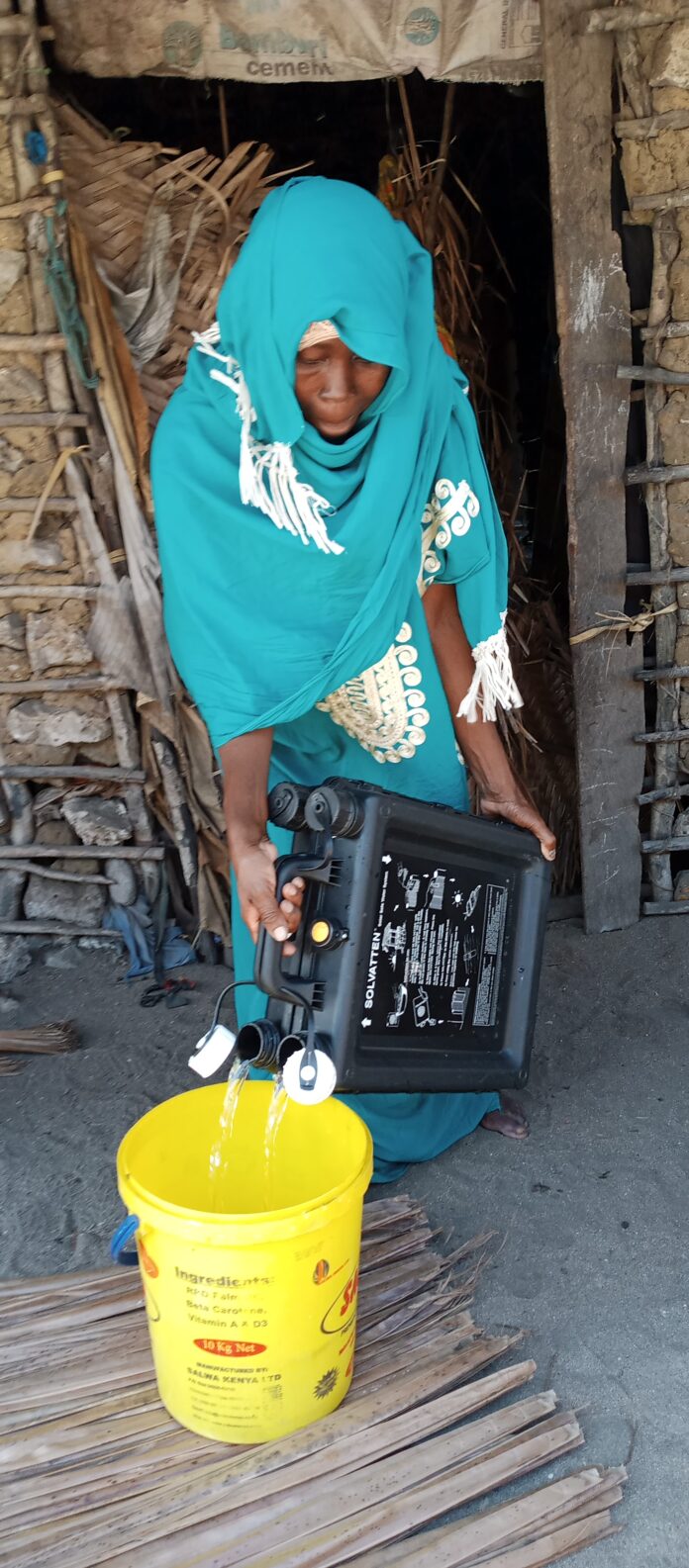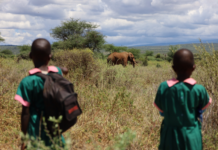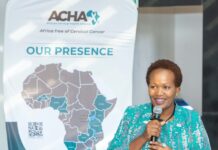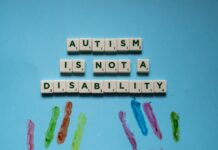By Mazera Ndurya
Kwale County, Kenya: As the world grapples with the ravages of climate change, a village on Kenya’s Coast, south of the Port City of Mombasa has joined the campaign to fight global warming by keeping the environment clean.
While industrialization has been blamed for contributing immensely to greenhouse gases, technology has come to the rescue, and residents of Jimbo in Kenya’s South Coast have become part of the global plan to salvage the environment.
Jimbo is not an ordinary village. From its unique location just at the tip of the Kenyan border with Tanzania, this is a classic fishing village, specializing in sardines involving mainly women in the trade. Most men in the village take to fishing in the deep sea. It is found in Kwale County about 90 kilometers (53 miles) south of the port city of Mombasa.
On a walk across the village, one does not fail to notice black gadgets in almost every homestead outside in the scorching sun. A closer look reveals a black container filled to the brim with water for heating and treating.
This is the Solvatten kit, a combined portable water treatment, and water heating system that has been designed for off-grid household use mainly in the developing world. It is an easy, innovative solution that provides access to clean, hot water to people worldwide.
On Wednesday 2 November 2022, Jimbo village burst into fanfare as it got a rare opportunity to host the founder and innovator of Solvatten water purifiers Petra Wadstrom from Sweden.
According to Petra, Solvatten A, the company that manufactures the kits has implemented 45 projects in over 20 countries since 2010, with high levels of uptake and acceptability. The Solvatten technology and projects currently serve nearly 600,000 people globally.
In Kenya alone more than 230, 000 people are benefiting from it.
Jimbo is one of the areas in Kenya and the world that have joined the long list of beneficiaries of this game-changing technology with the sole aim of helping vulnerable communities without reliable access to clean and safe water.
Hamida Ali Abubakar, a mother of two living with her two elderly parents is one of the beneficiaries of this technology. She is one of the women fisher folks who benefitted from training conducted by Community Action for Nature Conservation (CANCO) in Jimbo on how to use the kits. CANCO is the organization that is coordinating the Solvatten project in Kwale and Taita Taveta Counties.
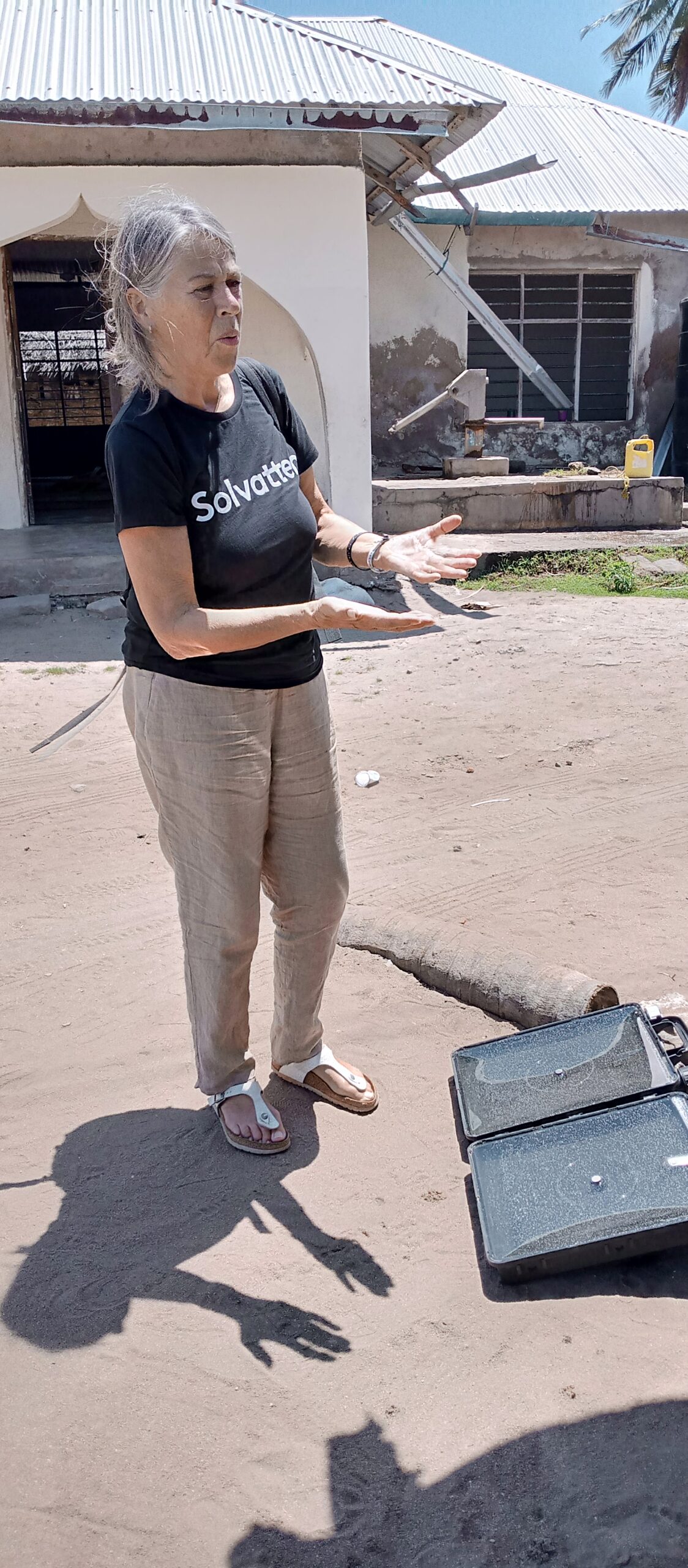
“Like most of the women in Jimbo, I deal in sardines. This is a business mainly done by women in Jimbo. We buy directly from fishermen, wash, boil and dry it before the fish is ready for the market. This is time-consuming and requires a lot of firewood to accomplish. We leave for the beach very early in the morning to get the sardines from the fishermen.
“Before going to the beach we have to make sure that children have been prepared, bathed, and prepared for school. But even for me and my elderly parents we cannot use cold water for bathing and this has been costing me about Ksh150 (about 1 US dollar) every day on firewood to boil water,” she said.
Hamida is one among many women in Jimbo using the kits and has very interesting experiences to share. They got the opportunity to meet face to face with the founder and innovator of the kits who was on a tour of Kenya to monitor and evaluate the project that carries with it several benefits ranging from health to environment.
Through their experience with the kits, Hamida says, “On a bright sunny day, it takes about two hours of intense heat to boil 10 liters of water and on average I can do about six hours with 30 liters of clean and safe water.”
Hamida says she preserves the water in a flask which can be used the following morning to bathe the children as they prepare to go to school.
This is the same story for Mwanamtama Mohamed Bii, the mother of four school-going children.
“This is a very unique technology that has simplified our lives, reducing the time and energy spent on heating water. I use the purified water for drinking, cooking, and bathing,” she said.
A mother of four and grandmother of six, Petra has traveled a journey of research from 2002 up to 2011 when she started mass production of the game-changing Solvatten kits.
“As a mother, watching other women going through serious difficulties in accessing clean and safe drinking water, especially in developing countries got me thinking, and using my background in biochemistry and DNA research started this project. In Indonesia, for instance, my travels took me to see the real poverty, and women and children were bearing the brunt of these hardships. The biggest problem was water.
“After intensive research, I was able to make the first prototype in Stockholm in 2002. It was a long process testing water from different sources in different parts of the world such as Nepal and Bungoma in Kenya,” said Petra in Jimbo.
Solvatten technology has come at a time when the earth is in a major climate crisis.
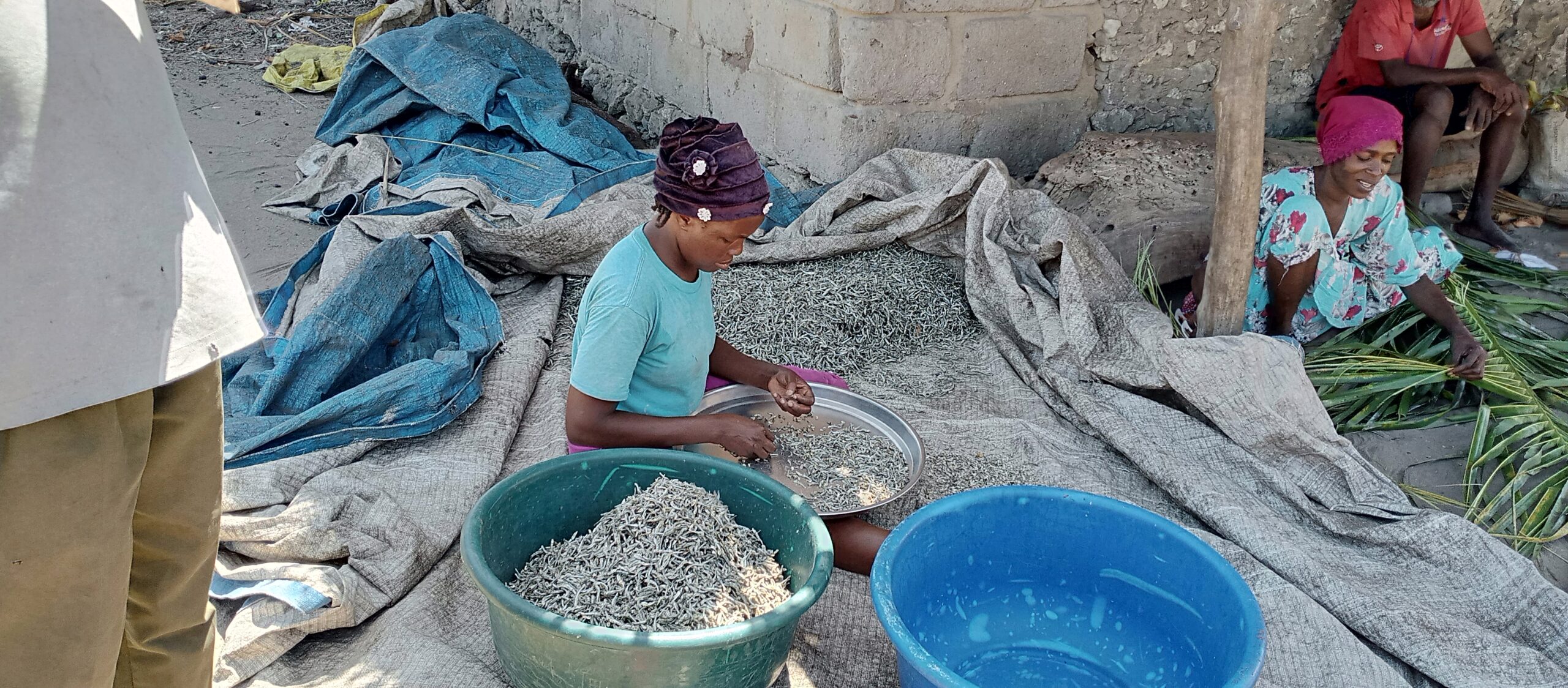
“Renewable energy should be the number one source for household drinking water and heating water everywhere. We do our part by providing Solvatten kits to off-grid, low-grid settlements, through partnerships with NGOs, health clinics, and with the mechanisms of carbon finance.
“We give Swedish companies the opportunity to offset carbon emissions by purchasing high-quality carbon credits. As the Solvatten kit reduces the use of biomass by more than 50%, it mitigates climate pollution such as carbon dioxide (CO2) emissions. Also, the reduced dependence on biomass enables higher preservation of trees and ecosystem services, without claiming land areas. Users of Solvatten will hence help protect, restore and promote sustainable use of Kenya’s ecosystems while slowing down biodiversity loss,” said Petra.
Furthermore, she said the Solvatten-kit can help build resilience within communities, especially at high risk of the effects of climate change, and save lives. Reduced outbreaks from water and hygiene-related diseases have a positive impact on a country’s health including increased life expectancy and decreased child mortality.
Becha says the technology is particularly handy with small fishing communities such as Jimbo because the fish business requires utmost care when it comes to hygiene.
CANCO’s partnership at Jimbo entails improved access to safe water at the household level but more importantly access to safe water that can be used in the processing and value-addition of fish – largely sardines.
“Matters of fish quality (quality control and quality assurance) require good hygiene and sanitation. Clean and safe water is an important input in ensuring that the quality and safety of fish are improved or not compromised.”
“This in turn will enhance the marketability of the sardines as it is a requirement by Kenya Fisheries Service, Fish Marketing Authority, Kenya Bureau of Standards and Export Promotion Council,” said Hadley Becha, CANCO Executive Director.
One thing that stands out in Jimbo village is the commitment to environmental conservation that is being undertaken by an environmental group doing impressive work restoring mangroves and improving livelihood and awareness. The group has attracted support from (CANCO) in collaboration with international actors such as SSNC, GIZ, the EU, as well as the Kenyan government.
“We are happy to start this Solvatten project in Jimbo. It is a strong community doing vital advocacy work. However, access to clean water is scarce, and people still depend on charcoal and firewood to make water safe. This technology will improve many people’s lives and mitigate climate change simultaneously”, said Becha Hadley, Executive Director of CANCO.
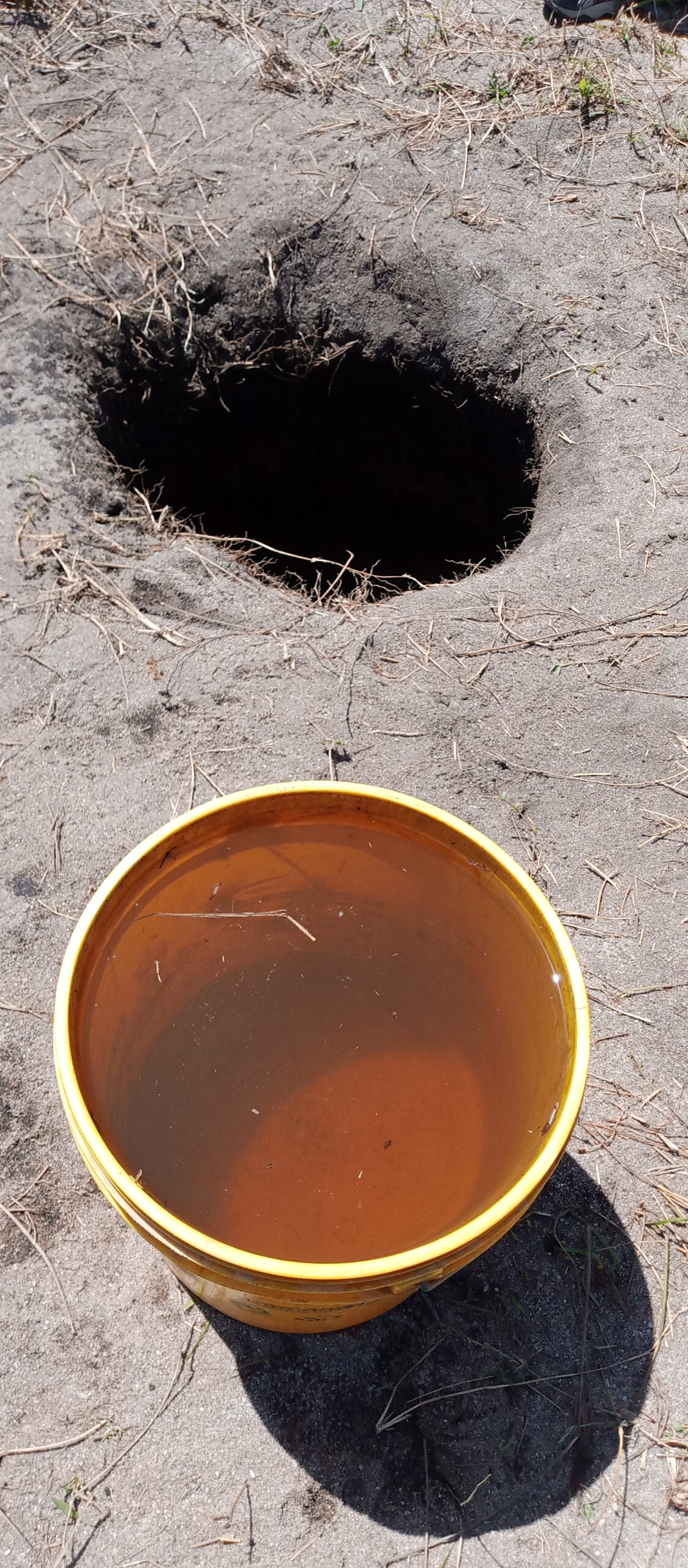
Becha who has been working with the Jimbo community for many years says the Solvatten technology improves the health and well-being of communities as it eliminates bacteria, viruses, and pathogens in unsafe water.
“As you are aware, the mortality rate and deaths of children under five years old are high in most of those counties with low access to safe water. As such, Solvatten can contribute to reducing this. It will also improve public health, particularly of women and children as the technology is smokeless.”
“One key component of this technology is that it uses solar to treat and heat the water. This increases communities’ access to affordable, reliable renewable, and clean energy. Through this technology, communities will use less or little wood fuel and charcoal. As such it will not only protect the vegetation cover and woodlands and increase biodiversity, the Solvatten technology is a climate action technology as it will reduce the greenhouse gases which cause global warming and climate change,” he said.
Ultimately, Becha says the adoption of Solvatten in Kenya will contribute to the Nationally Determined Contribution under the Paris Agreement on climate action and UNFCCC.
In early October, CANCO received 792 units of Solvatten to distribute to families in Kwale and Taita-Taveta Counties in coastal Kenya.
“We intend to train and distribute the Solvatten Kits to other fishing villages in Kwale County and Taita Taveta County. In Kwale we shall also distribute them in those localities where communities access water from ponds, particularly in Kinango Sub County, and focusing on marginalized households and individuals. In Taita-taveta, we shall start in the fishing villages at Lake Jipe and adjacent riparian areas in the Mata location.
“For me, Solvatten is not a stop-gap measure or short-term solution but one of the long-term technological measures that the poor communities can have until that time that the government both national and county will ensure universal access to safe water,” said Becha.
How Solvatten kit works
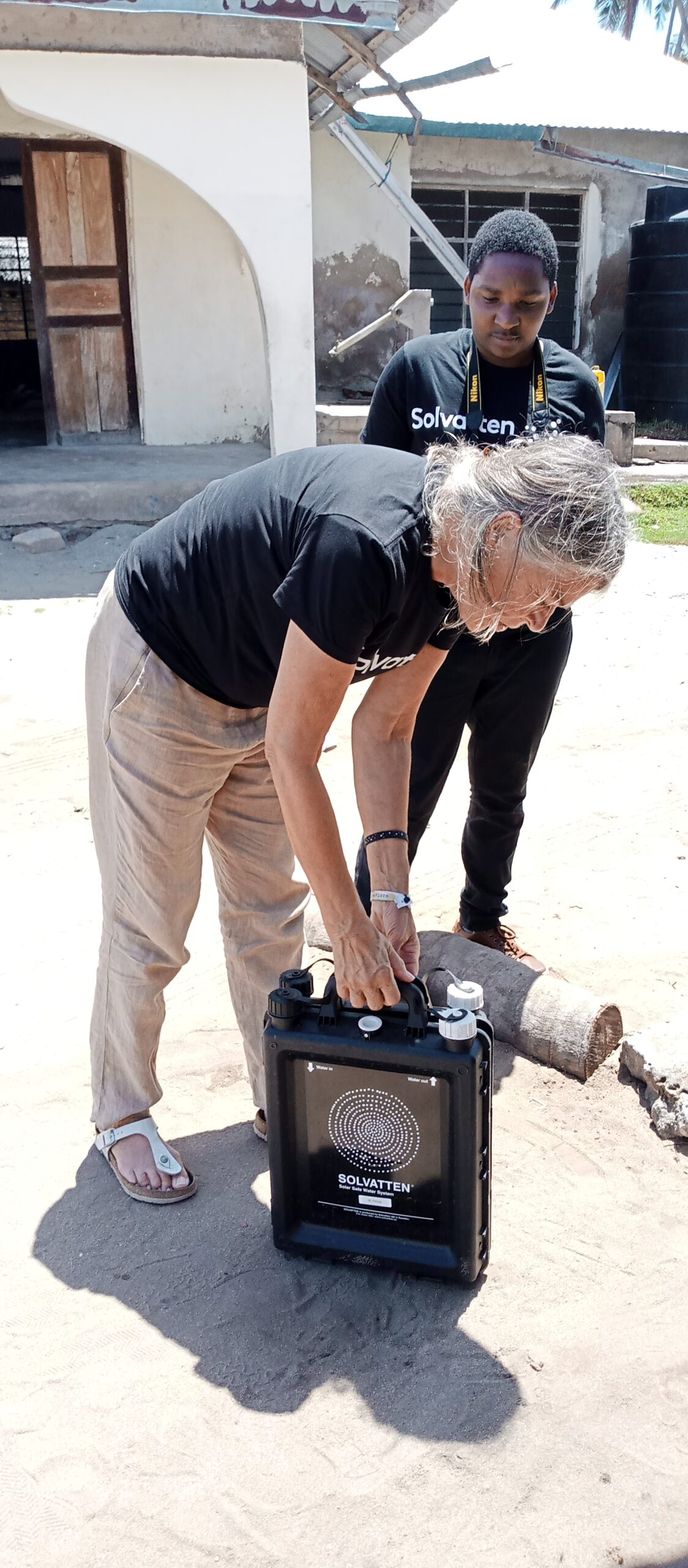
It is well-documented that solar energy can be an effective method of cleaning contaminated water. The ultraviolet (UV) rays produced by sunlight destroy the formation of DNA linkages in microorganisms, preventing them from reproducing and rendering them harmless. If you also factor in the sun’s ability to rapidly heat water and you have Solvatten’s recipe for success.
Solvatten makes water safe and hot — up to 75°C/167°F. Water at this temperature has been freed of microorganisms and is perfect for a number of household and hygiene purposes including cooking, hand washing, bathing, and cleaning. Once the water has been purified, an indicator tells the user when it is complete. The water will cool down quickly in the shade in order to be used as drinking water. Solvatten can be used on partly cloudy days, but not during heavy rain or thick cloud cover.
tnmazera@gmail.com

